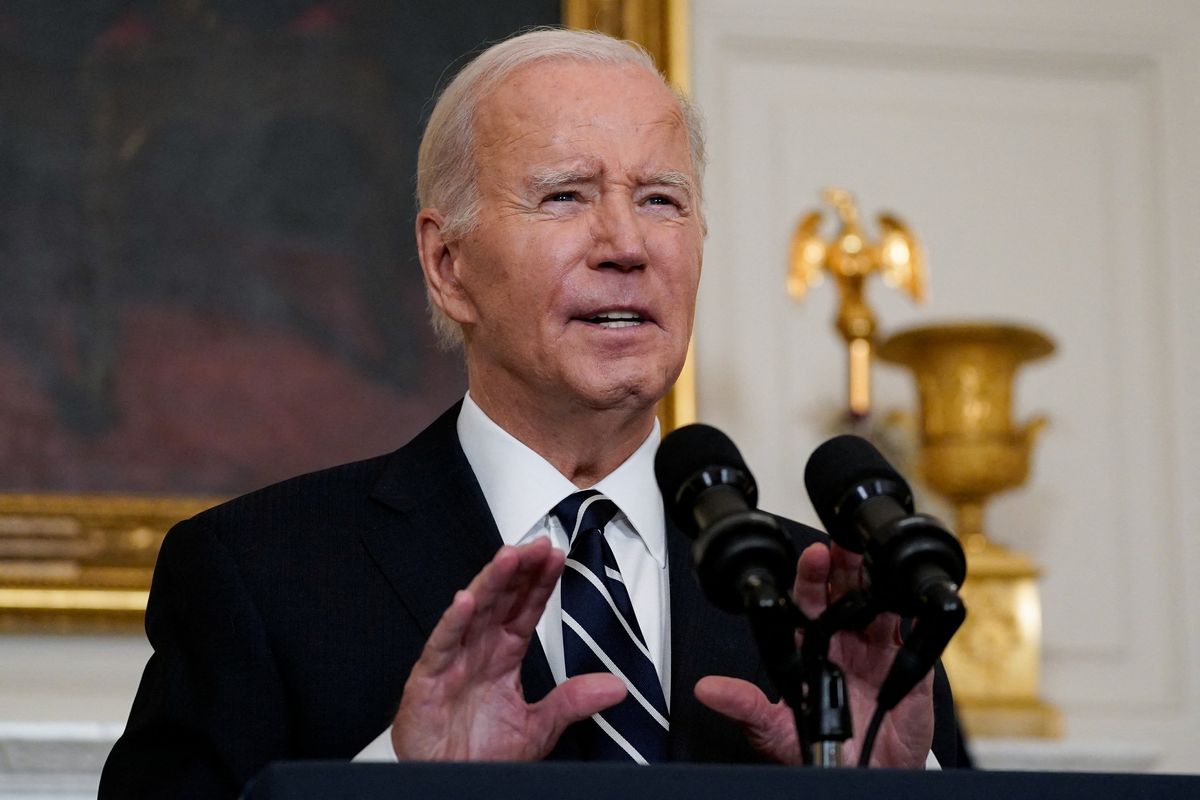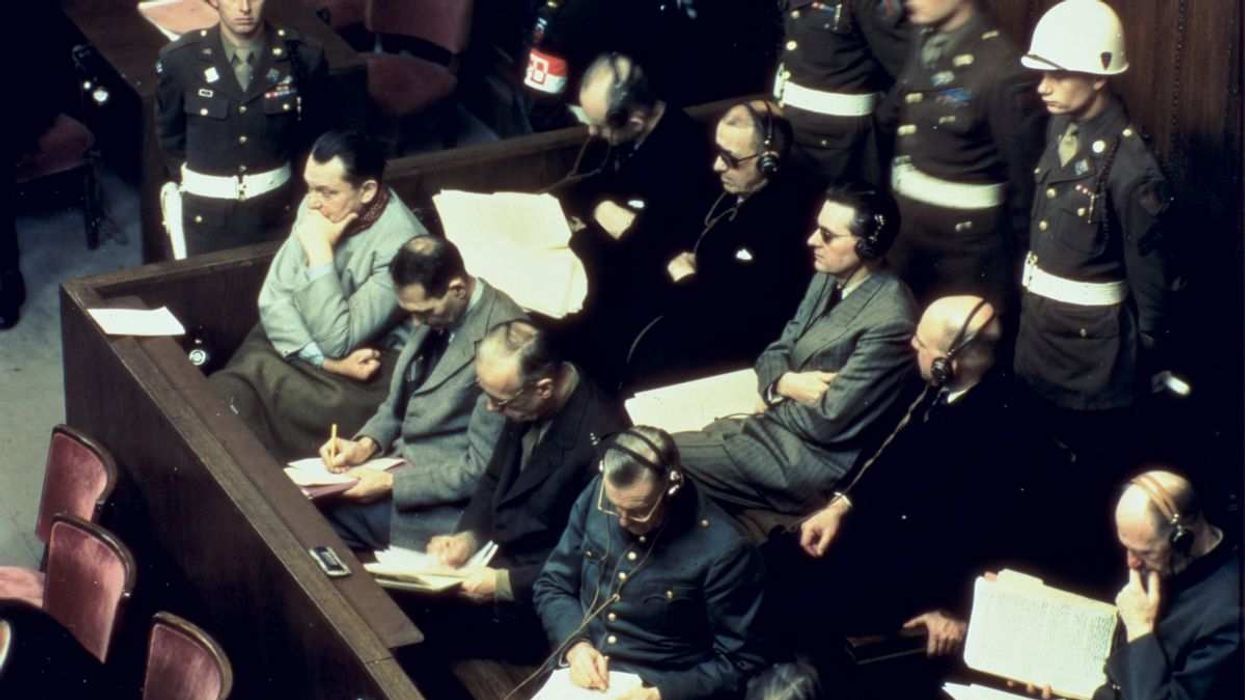“The United States stands with Israel,” President Joe Biden said in a national broadcast on Saturday.
“There’s never any justification for terrorist attacks,” he said, noting that “Israel has the right to defend itself and its people, full stop.”
To aid Israel’s fight against Hamas, the US is reportedly sending the USS Gerald Ford aircraft carrier to the eastern Mediterranean Sea, and preparing to send equipment, including a missile cruiser, four missile destroyers, and fighter jets.
More broadly, as mentioned, the attacks could halt US efforts to usher in a normalization of relations between Saudi Arabia and Israel.
The two countries had been closing in on a deal, but Saudi leaders had warned that such progress could not come at the expense of the Palestinian cause. Saturday’s attack forced Saudi leaders to take their traditional stance: Its foreign ministry responded by saying it had long warned of the “situation exploding as a result of the continued occupation (and) the Palestinian people being deprived of their legitimate rights.”
This makes it hard for the US to support improved Saudi relations, at least in the short term. According to Brew, this includes the civilian nuclear deal and alliance upgrade, which “in this environment, would now be soundly condemned by Congress."



















